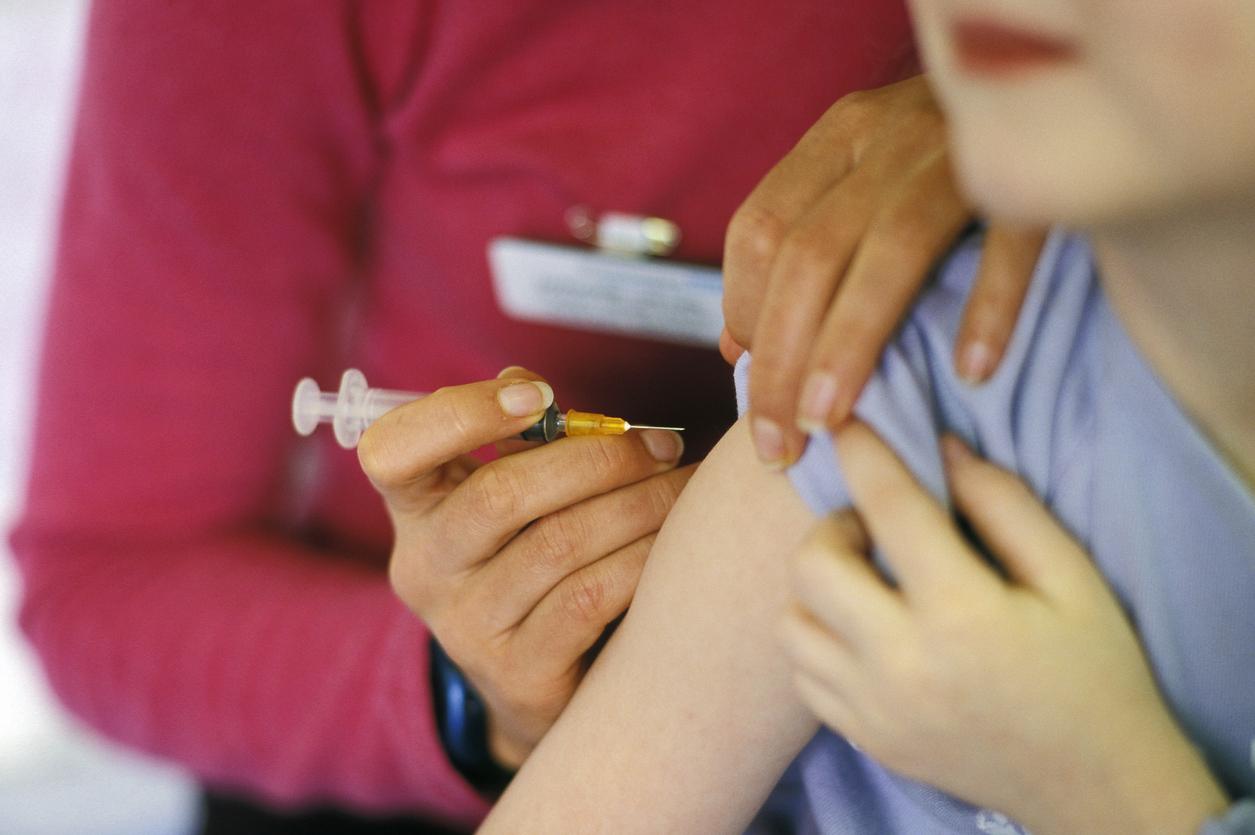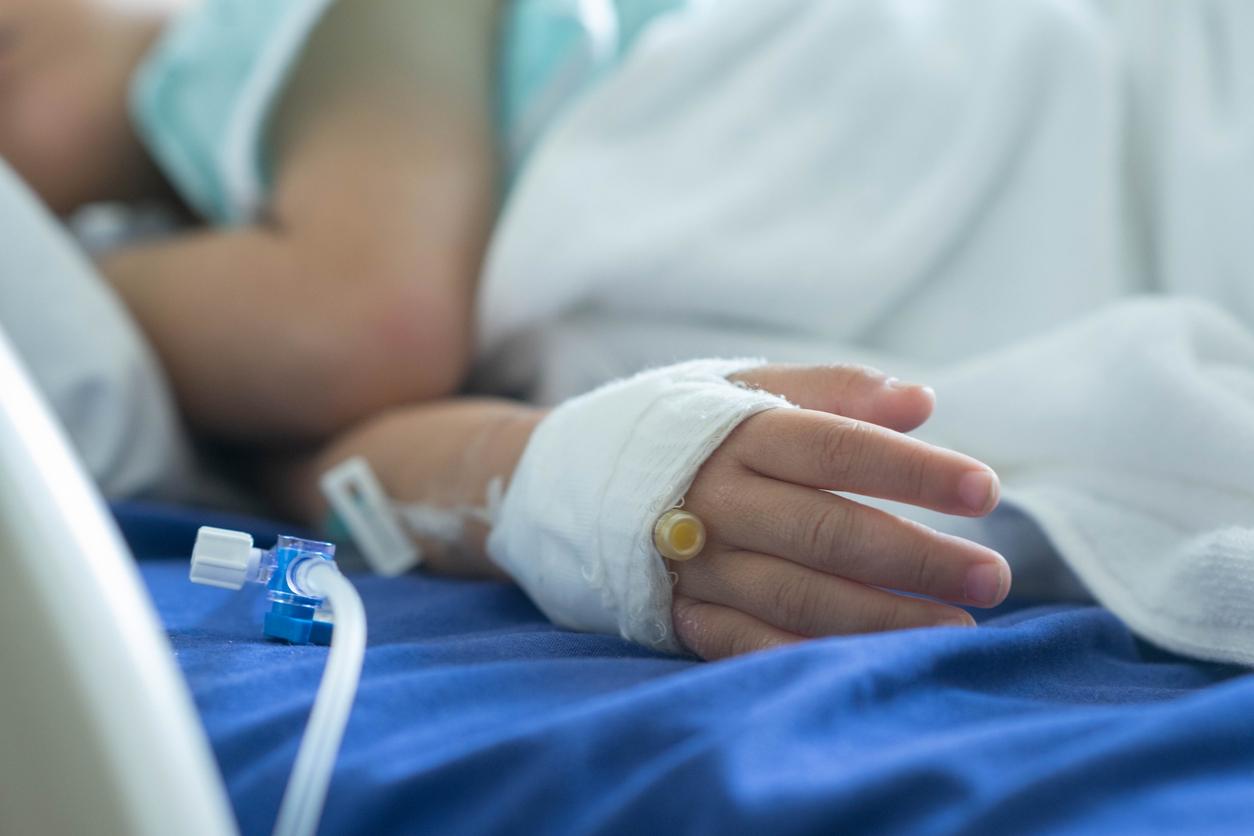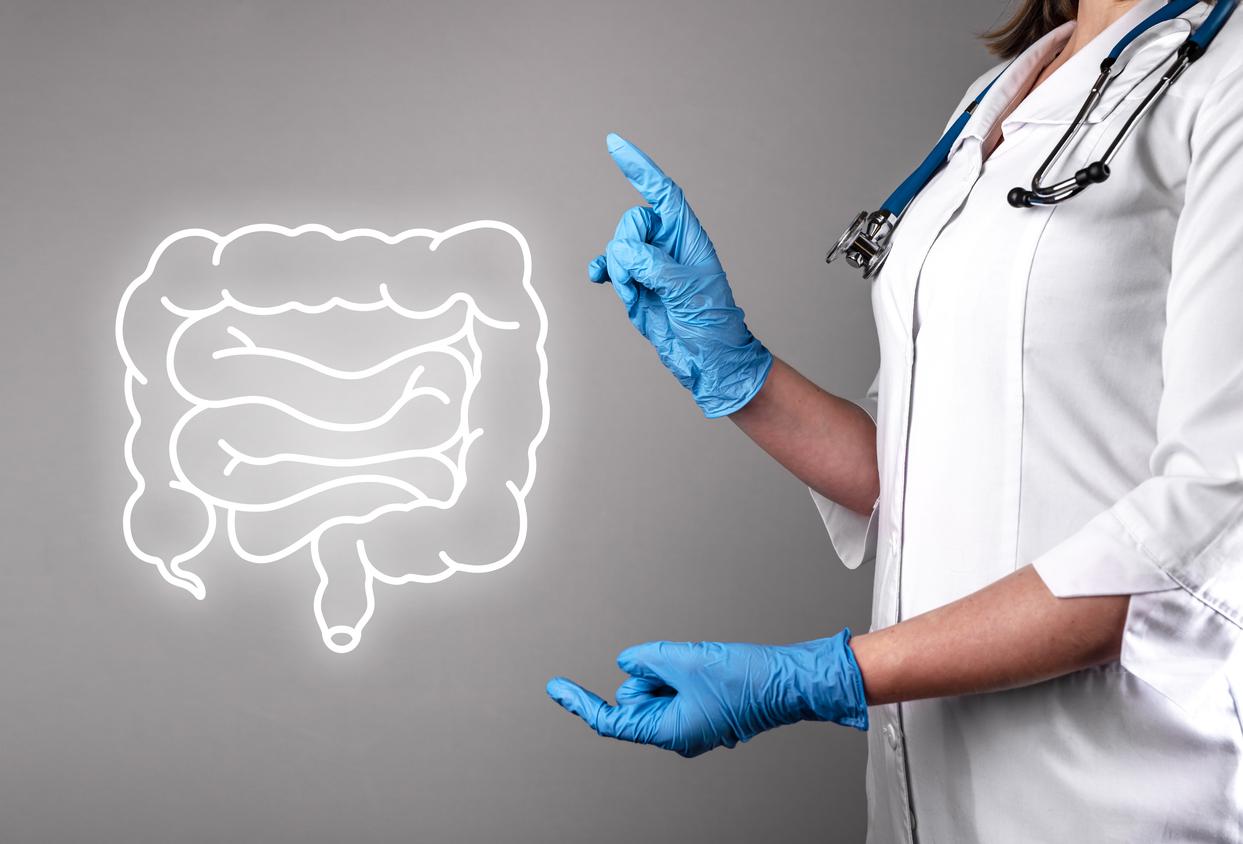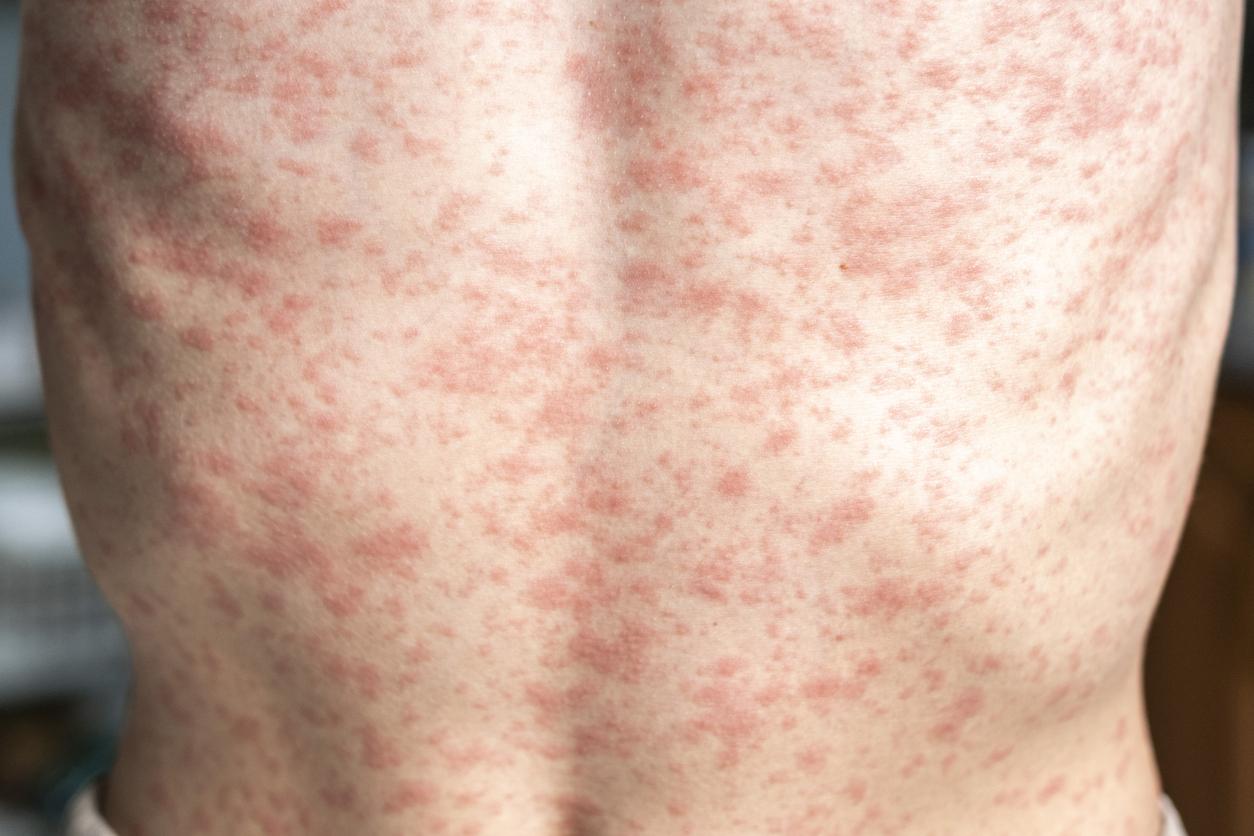Scientists note a lack of data on the effects of medical cannabis on the symptoms of childhood cancers.
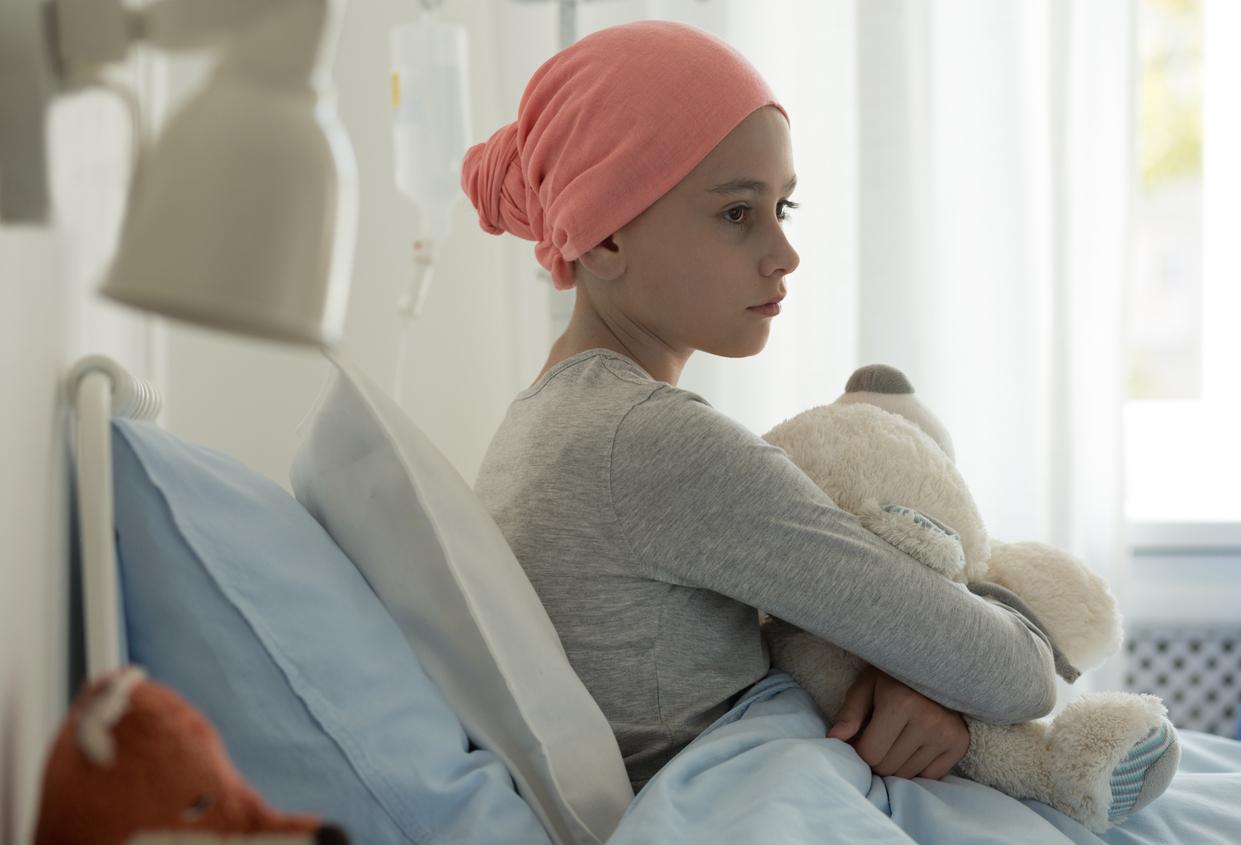
- Medical cannabis is sometimes used to relieve symptoms in children with cancer.
- A study shows that there is insufficient data regarding the dosage but also the benefits of therapeutic cannabis in the case of childhood cancers.
- For its authors, it is necessary to carry out more rigorous studies on the subject.
Every year, 1,800 pediatric cancers are diagnosed in France in those under 15, according to theCurie Institute. “Although treatments for childhood cancer have improved significantly, (…) many children still suffer from symptoms such as pain, anxiety and weight loss due to cancer and its treatment.“, explain researchers from the University of Manitoba in Canada. For several years, the parents of some of these patients have turned to therapeutic cannabis to relieve their children’s symptoms. These Canadian scientists decided to verify the effects of cannabis for medical use for this type of use. In the specialist journal Cancerthey present the results of their work.
Therapeutic cannabis: products often used against vomiting and nausea
The researchers identified 19 studies involving a total of 1,927 participants with cancer. “The products studied included medical grade cannabinoids, synthetic cannabinoids and unspecified cannabis plant extracts, they specify. The products were most commonly used to manage chemotherapy-induced nausea and vomiting.”
In these different trials, patients who used cannabinoids were more likely to experience drowsiness, dizziness, and dry mouth, and they were more likely to feel high, the authors observed. “Additionally, participants who received cannabinoids were almost four times more likely to drop out of the study due to adverse events, compared to the control group who received a placebo.”, they add. On the other hand, no serious adverse events linked to cannabis were reported in these different studies.
Pediatric cancer: a lack of evidence of the benefit of therapeutic cannabis
Beyond the side effects, researchers wanted to understand the potential benefits of therapeutic cannabis in children with cancer. But first they noticed that there was a lack of precision: ““Most studies did not adequately describe the types, dosages, frequencies, and routes of administration of cannabis products.”, they indicate. The conclusions of the different studies were rather mixed regarding the positive effects of medical cannabis. “It was difficult to measure benefits across studies, given the diversity of study results and designs; however, in interventional studies with active control groups, cannabinoids have been more effective in managing nausea and vomiting, develops Dr Lauren Kelly, lead author of this research. Data are lacking on the effects of cannabinoids on pain, mood, sleep and health-related quality of life.” According to her, in view of the very variable results depending on the children and the studies, it is necessary to carry out studies “more rigorous” regarding the effects of cannabinoids on the symptoms of children with cancer.



